NIH
-

Metastatic pancreatic cancer ‘reprograms’ for malignancy
Metastatic pancreatic cancer — cancer that has spread from the pancreas to other tissues and is responsible for most patient deaths — changes its metabolism and is “reprogrammed” for optimal malignancy, according to new findings reported Jan. 16 in Nature Genetics. Read MoreJan 19, 2017
-
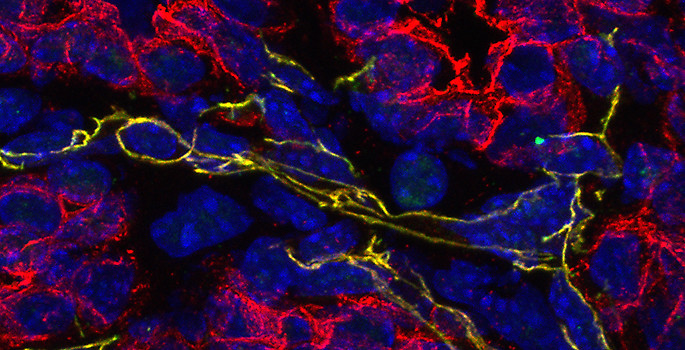
Softening tumor tissue could aid cancer treatments
Tumors cause the intracellular material surrounding them to stiffen. Softening this protective layer could make existing cancer treatments more effective, according to new research. Read MoreJan 16, 2017
-

DNA duplicator small enough to hold in your hand
Vanderbilt engineers have developed a new method for duplicating DNA that makes devices small enough to hold in your hand that are capable of identifying infectious agents before symptoms appear. Read MoreJan 11, 2017
-
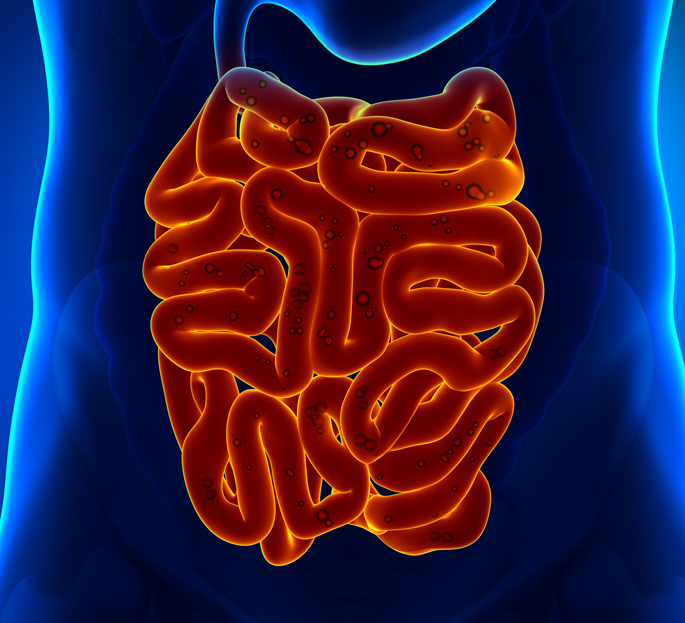
Midgut neuroendocrine tumor prognosis
Vanderbilt investigators recommend that the presence of tumor deposits in the abdomen be included when staging midgut neuroendocrine tumors. Read MoreJan 6, 2017
-

Department of Medicine’s NIH funding swells
Vanderbilt University School of Medicine has long been recognized as a national leader in biomedical research. Nowhere is this more evident than in the school’s Department of Medicine, which, during the 2016 federal fiscal year that ended Sept. 30, broke another record. Read MoreJan 5, 2017
-

Investigational new drug for Alzheimer’s scheduled for first study in humans
Vanderbilt University scientists have received notification from the U.S. Food and Drug Administration that testing in humans may proceed for an investigational new drug for Alzheimer's disease after more than 10 years of research by scientists at Vanderbilt University and Vanderbilt University Medical Center. Read MoreDec 27, 2016
-

Discovery sheds new light on Angelman, Prader-Willi syndromes
A mutation associated with epilepsy and autism also is responsible for a “pale eye” trait in two rare genetic disorders, Angelman syndrome and Prader-Willi syndrome, neuroscientists at Vanderbilt University Medical Center reported this week. Read MoreDec 22, 2016
-

New clues emerge in rare form of childhood epilepsy
Researchers at Vanderbilt University Medical Center (VUMC) are one step closer to understanding what causes early-onset epileptic encephalopathy, a rare form of childhood epilepsy that is difficult to treat and has poor developmental outcomes. Read MoreDec 15, 2016
-

Faster (cheaper) method for making big bioactive ring molecules
A pair of Vanderbilt chemists have developed a faster, cheaper method for synthesizing ring molecules called cyclic depsipeptides found in antibiotics, anti-retrovirals and pesticides. Read MoreDec 12, 2016
-
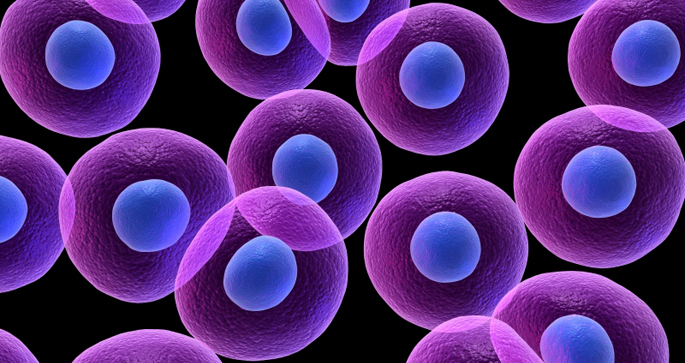
Single-cell analysis of solid tumors
A new method will make it possible to study solid tumors and healthy tissues using mass cytometry. Read MoreDec 12, 2016
-
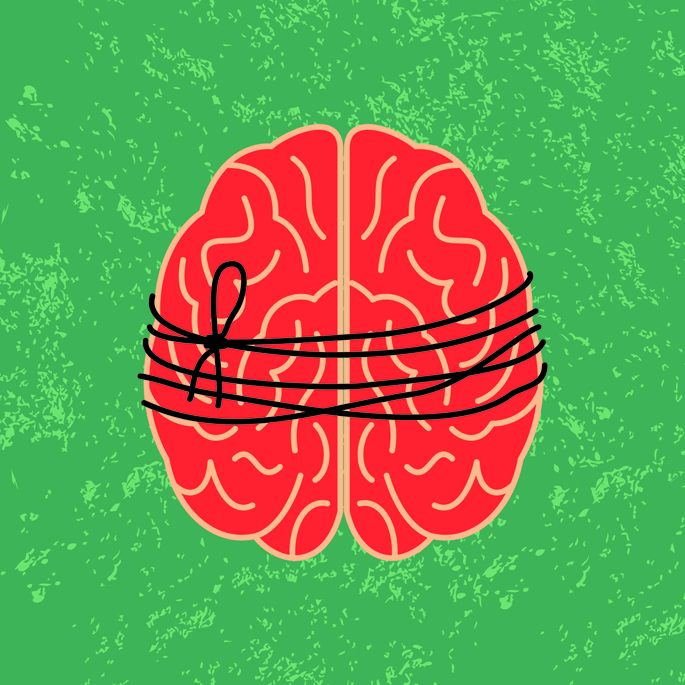
Protecting the blood-brain barrier
Vanderbilt investigators have discovered how a promising cancer immunotherapy causes brain swelling, findings that could lead to ways to protect brain function while fighting cancers. Read MoreDec 9, 2016
-

Making human beta cells reproduce
A new method developed at Vanderbilt will speed the search for potential therapeutics for diabetes: compounds that stimulate the replication of insulin-producing beta cells. Read MoreDec 8, 2016
-

Plasmin prevents muscle ‘hardening’ after injury: study
Vanderbilt researchers have made the surprising discovery that the protease plasmin, known for its clot-busting role in the blood, protects soft tissue from turning to bone after severe injuries and certain orthopaedic surgeries. Read MoreDec 8, 2016
-

Blood-brain barrier on a chip sheds new light on “silent killer”
A new microfluidic device containing human cells that faithfully mimics the behavior of the blood-brain barrier is providing new insights into brain inflammation, the silent killer. Read MoreDec 6, 2016
-

Study tests shorter antibiotic course in children
Researchers at Vanderbilt University Medical Center (VUMC) are leading a multicenter clinical trial to evaluate whether a shorter course of antibiotics — five days instead of 10 — is effective at treating community-acquired pneumonia (CAP) in children who show improvement after the first few days of taking antibiotics. Read MoreDec 1, 2016
-
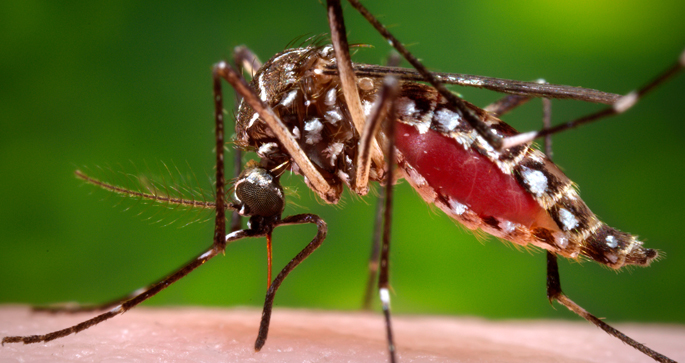
Investigators explore new way to control mosquitoes
In a new study, Vanderbilt pharmacologist Jerod Denton, Ph.D., Ohio State entomologist Peter Piermarini, Ph.D., and colleagues report an experimental molecule that inhibits kidney function in mosquitoes and thus might provide a new way to control the deadliest animal on Earth. Read MoreDec 1, 2016
-
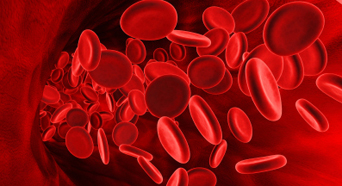
Reducing antidepressants’ side effects
Vanderbilt investigators have discovered how antidepressant medicines that block serotonin uptake can increase bleeding risk. Read MoreNov 23, 2016
-

Building the basement membrane
Vanderbilt researchers have discovered steps in the regulation of a key enzyme that builds the basement membrane, a structure that undergirds nearly all animal tissues. Read MoreNov 21, 2016
-

Targeting the “un-targetable”
A novel drug that targets the protein RSK blocked aggressive breast cancers from metastasizing in an animal model. Read MoreNov 18, 2016
-
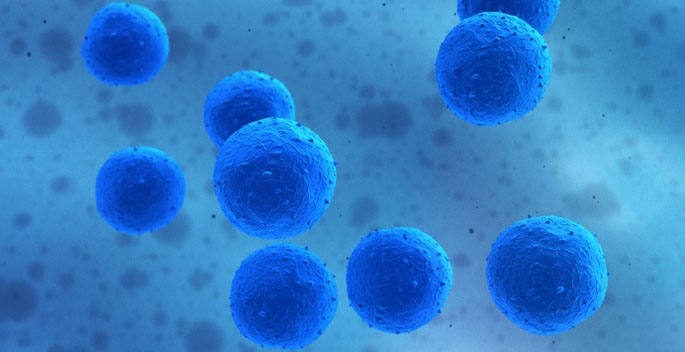
Stem cells promote tolerance
Blood-forming stem cells play a role in immune tolerance and acceptance of organ transplants, Vanderbilt researchers have discovered. Read MoreNov 17, 2016